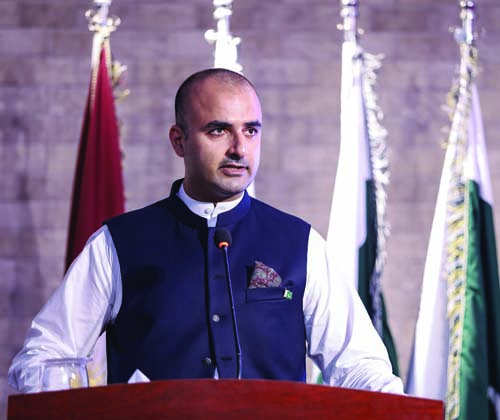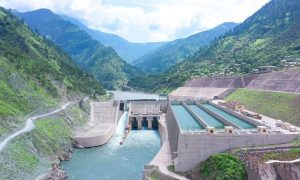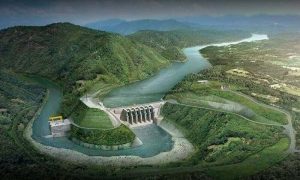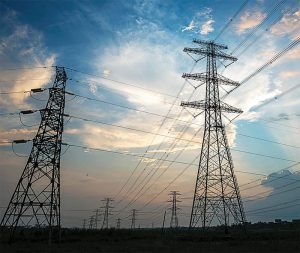Significance of Nuclear Energy in Pakistan’s and Global context
On 6 September 2022, Director Research Center for International Strategic Studies Sindh (CISSS), Dr Mohid Iftikhar discussed his research titled “Significance of Nuclear Energy in Pakistan’s and Global context” at Defence and Martyr Day 2022 organized by Pakistan Rangers (Sindh), DHA Suffa University, Greenwich University and Jinnah Sindh Medical University.
Dr Mohid Iftikhar emphasized that there is a strong relationship between economic growth and nuclear energy. He noted that while estimates vary, Pakistan’s nuclear energy share in total electricity generation today through six power plants is approximately 10-12% which was only 1% in the 1990s. It was pointed out that K-2 and K-3 were completed in a timely record despite covid19 setbacks.
The Speaker explained that for Pakistan to meet the needs of a growing population, revitalize the industrial Sector and transition towards the Electric Vehicle policy (2030), nuclear energy offers promising avenues. It was mentioned that today many environmentalists argue in support of nuclear energy. This is evident as academic studies note that nuclear energy avoids 2-3% greenhouse gas emissions (GHG). Whereas fossil fuels contribute to approximately 89% (2019/20) of GHG globally. In terms of cost, it was highlighted that the levelized Cost of Energy (LCOE) of nuclear energy is far more affordable than coal and geothermal.
Concerning the international political economy of nuclear energy, Dr Mohid Iftikhar highlighted that the Paris Agreement consensus for limiting global temperatures to 1.5 degrees Celsius has led to changes in the structure of energy markets. Further, due to the intensity of droughts globally, there are challenges in constructing new hydropower projects.
Secondly, the Speaker stressed that the geopolitical conflict “the Russian-Ukraine” has resulted in disruptions of the supply chain of energy commodities and price instability. And this has resulted in policy discussions in countries such as Germany and Japan to rethink nuclear energy as a more affordable and reliable choice.
It was concluded that for Pakistan to become: i) self-reliant; ii) address climate-related threats; iii) absorb shocks from geopolitical conflicts; iv) reduce dependence on imported fossil fuels such as oil and; v) shift to electric vehicles (2030), nuclear energy is a promising choice.








